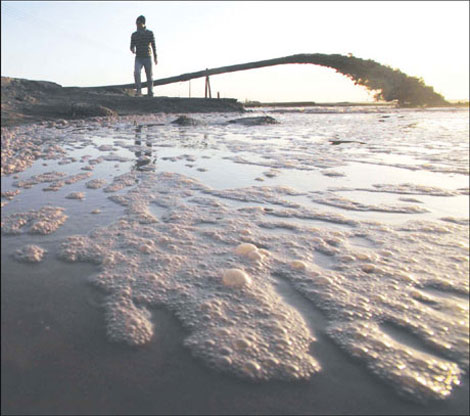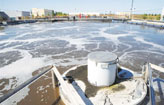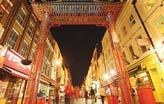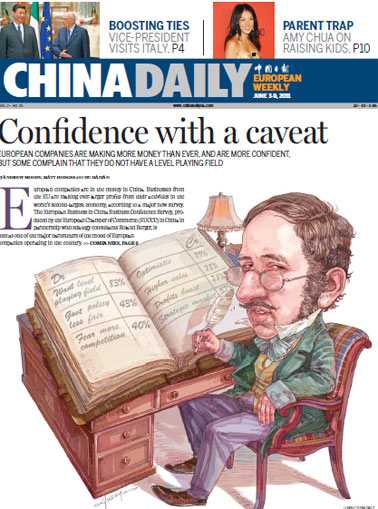New rules regulate rare earth industry
Updated: 2011-02-18 10:54
By Zhang Qi (China Daily European Weekly)
 |
|
Liquid waste discharge caused by rare-earth processing forms a polluted lake in the suburbs of Baotou, in the Inner Mongolia autonomous region. Oversupply of rare earths has seriously damaged the environment. Weng Huan / For China Daily |
'Reasonable' export quotas sought to boost sustainable development
The government will impose stricter mining policies and environmental standards for rare earths and set "reasonable" annual production and export quotas to further regulate the crucial sector, the State Council said on Feb 16.
Rare earth metals comprise of 17 minerals and some are used in high-tech industries ranging from hybrid cars to missiles. China produces more than 95 percent of the world's total supply although it has only about 30 percent of global reserves.
Zhang Anwen, deputy secretary-general of the Chinese Society of Rare Earths, says the measures aim to protect the environment for the industry's sustainable development.
Rare earths are usually discovered in poor regions where the ecological environment is fragile. China has implemented industry guidelines to combat illegal mining and cut export quotas since 2006.
In 2010, China reduced export quotas by 30 to 40 percent, according to the Ministry of Commerce. The move sparked complaints from importing countries such as Japan and the United States.
Some countries have also threatened to take the case to the World Trade Organization.
In December, the ministry announced this year's first batch of export quotas, 14,446 tons - an 11-percent decrease from the corresponding figure for last year.
In the same month, the Ministry of Environmental Protection approved new industry standards for the sector to reduce pollution.
The State Council also said on Feb 16 that the country will improve the industry's management and speed up its consolidation, adding that would involve mergers and restructuring.
Industry sources say the government wants to reduce the number of rare earth mines nationwide from 123 to less than 10, and cut the number of processing plants from 73 to 20.
Premier Wen Jiabao told the State Council meeting that the industry had been harmed by illegal mining and "chaotic" exports.
"There are still problems with the development of the rare earths sector ... and considerable chaos in export orderliness. These are seriously affecting the healthy development of the sector," he said, according to an account of the meeting posted on the government's website.
The State Council said it will take "about five years" to "establish a sustainable and healthy setting for the industry with reasonable mining, orderly production, efficient usage, advanced technology and intensive development".
An industry association is expected to be launched in May, sources say.
Wang Caifeng, a former official of the Ministry of Industry and Information Technology, who is setting up the group, says the association will act like the China Iron and Steel Association, to assist companies in exports and international cooperation and to lead price talks with foreign buyers.
Currently, there are six ministry-level agencies overseeing the sector.
Niu Jingkao, deputy secretary-general of the Chinese Society of Rare Earths, says the measures will help raise prices for exports, which many analysts believe have long been undervalued.
E-paper

Tapping into the future
Foreign companies are investing in China's water industry as many predict a growing profit margin.
Preview of the coming issue
Headhunters ride on growth
Commercial property rides wave
Specials

Cuisine central
London's Chinatown is helping diners appreciate full palate of Chinese food

Tying the knot
Danish couple's high-end macrame export business takes off in the mountains of Yunnan.

Truly a super woman
Li Yuchun first came to prominence in 2005 as the Super Girl winner, and since then has become an international star.
